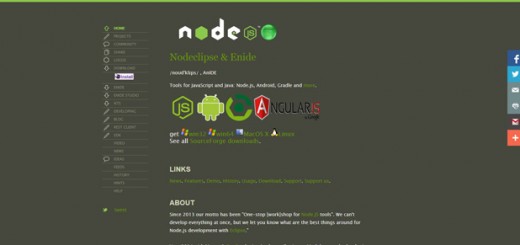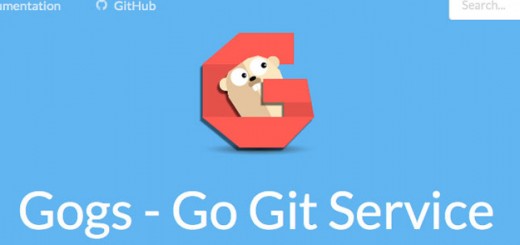CSS is leading programming language which helps developers to deliver some productive and innovative applications for the users. Modern websites are using so many effects that it can be tough keeping up with everything. The initial process of learning how to code CSS and jQuery is often confusing but fun. As you delve into more advanced topics you’ll bump into much bigger puzzle pieces to solve.
This post includes some fresh and useful CSS Tools and Frameworks which developers can use for their projects, take a peek at these frameworks and tools, see in what projects you can use the following tools. With a bit of practice and volition you can learn how to build useful applications for the users. Please feel free to share your feedback by posting a comment below. Enjoy !!
1. Outline

Outline is a simple CSS starter responsive boilerplate for any new web project, created by Matt Harris. It’s a modular, mobile-first framework which includes todays best practices for responsive design and core components I use on every project. Outline is designed to be a starting point. A solid foundation for your project, leaving the creativity up to you.
2. The Electron
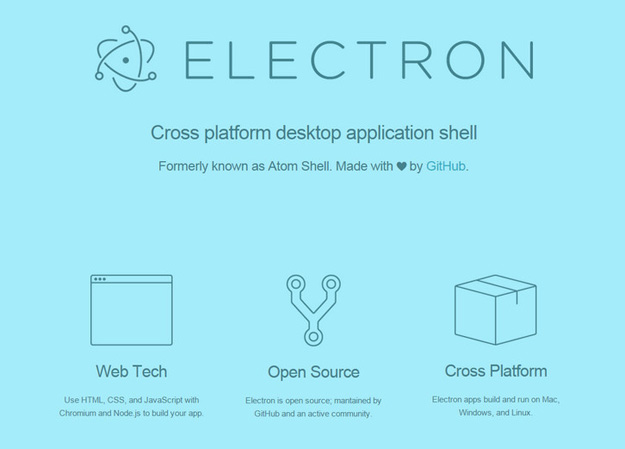
The Electron framework lets you write cross-platform desktop applications using JavaScript, HTML and CSS. It is based on io.js and Chromium and is used in the Atom editor. You can use HTML, CSS, and JavaScript with Chromium and Node.js to build your app.Electron is open source; mantained by GitHub and an active community. Best of all, Electron apps build and run on Mac, Windows, and Linux.
3. Wee
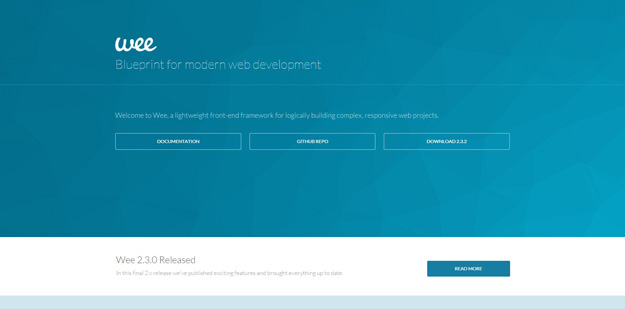
Wee is a lightweight front-end framework for building complex, responsive web projects logically. It has mobile-first CSS, is exceedingly scalable, and it’s extensible. Wee is organized in a simple, scalable hierarchy with a consistent structure for both style and scripts. Wee’s core JavaScript toolset brings logic to what can often become a daisy-chained nightmare. Compiling, minifying, and optimizing everything can be a pain, but Wee manages it all with a simple config file.
4. Penguin
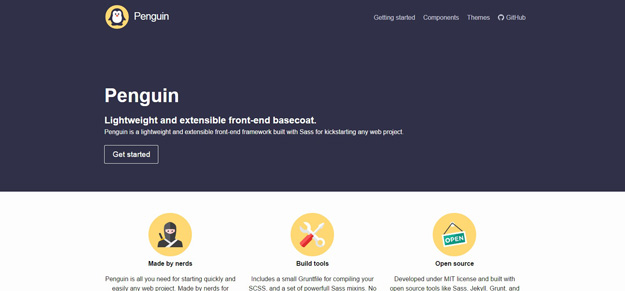
Penguin is an extensible, lightweight front-end framework built with Sass. It includes a Gruntfile for compiling your SCSS, plus a set of powerful Sass mixins.
5. SpaceBase
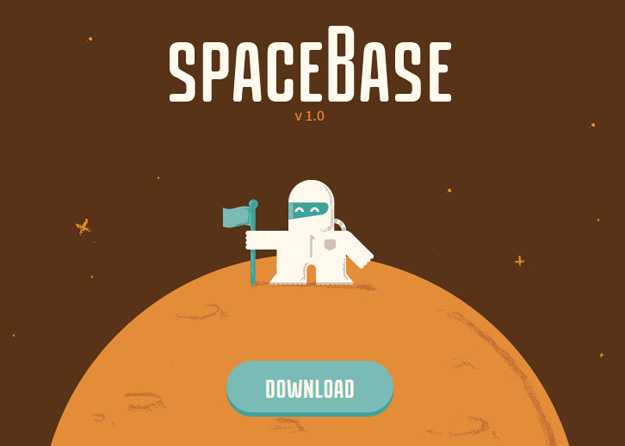
SpaceBase is a responsive Sass-based CSS framework. It’s built to be added onto and tailored to fit your needs. It sets up your Sass architecture and normalizes your CSS and native HTML elements. It provides the structural groundwork for your application.
6. Blackhole
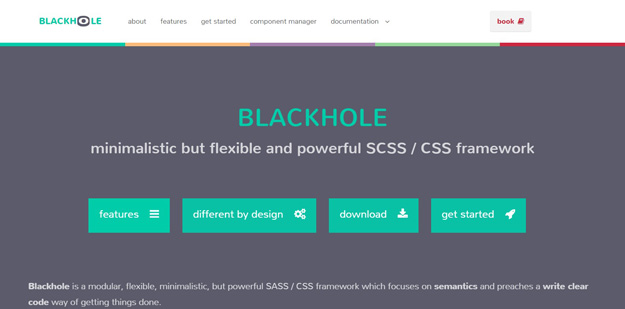
Blackhole is a minimalist SCSS/CSS framework that’s flexible and powerful. It’s modular, focuses on semantics, and encourages users to write clear code. Despite the power and flexibility it offers, it has an easy learning path and you will start using it in no time.
7. SkyBlue
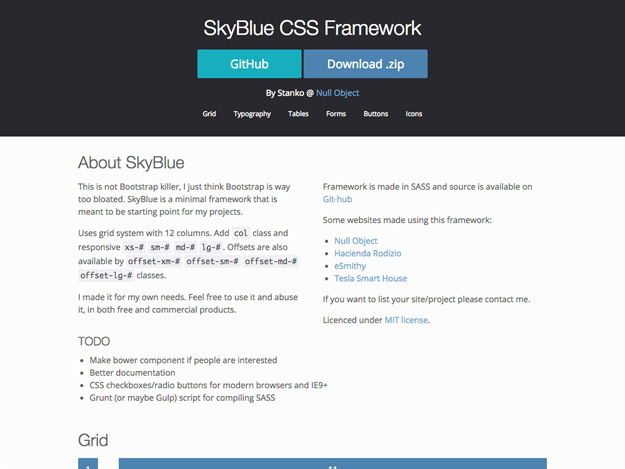
SkyBlue is a CSS framework that offers a grid, typography, tables, forms, buttons, and icons.
8. Rebar
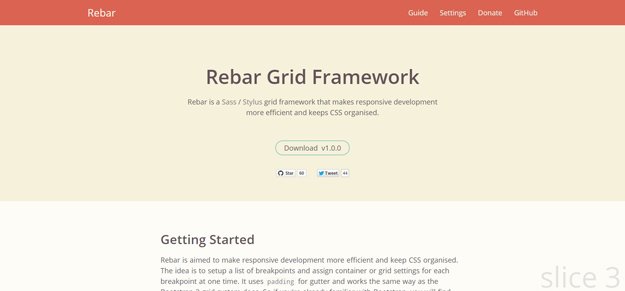
Rebar is a responsive SASS/Stylus grid framework. It keeps your CSS organized and makes your development more efficient.
9. Scally
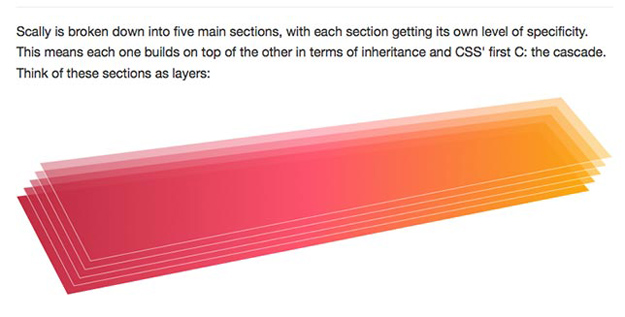
Scally is a Sass-based, BEM, OOCSS, responsive-ready, CSS framework that provides you with a solid foundation for building reusable UIs quickly. It is a framework focused on scalability and reuse; there when you need it and getting out of your way when you don’t. Scally is designed to be configurable, only requiring you to bring in the parts you are using, keeping your CSS architecture lightweight and scalable. It is un-opinionated about design, thus giving you more flexibility than your typical UI toolkit.
10. Compass

Compass is an open-source CSS authoring framework that uses SASS. It offers cleaner markup without presentational classes, makes it easy to create sprites, and includes plenty of reusable patterns, among other features.
Tools
Here are some of the useful CSS tools which you should save to your arsenal for your upcoming projects, take a look!!
11. PurifyCSS
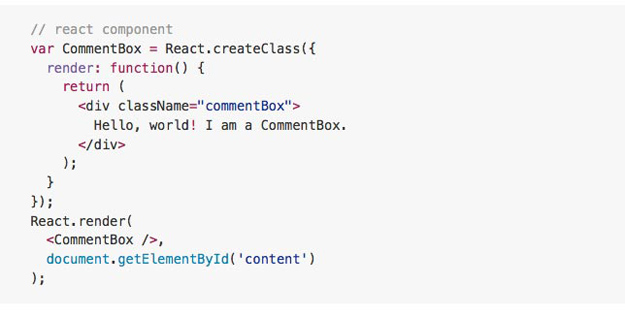
PurifyCSS helps you remove unused CSS from your websites and web apps (both multi-page and single-page). It can even detect dynamically-loaded CSS selectors in your javascript, and reduce your CSS files dramatically.
12. PhantomCSS
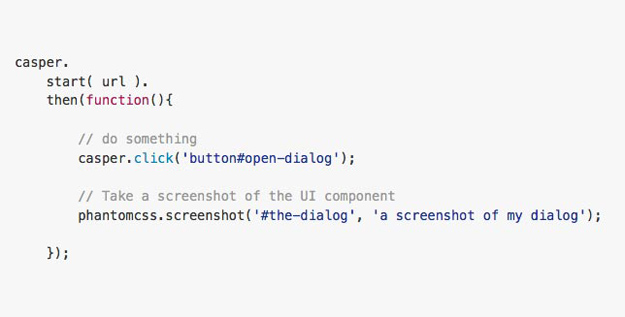
PhantomCSS is a CasperJS module for automating your visual regression testing. It’s great for testing live style guides, web apps, and responsive layouts.
13. Primer
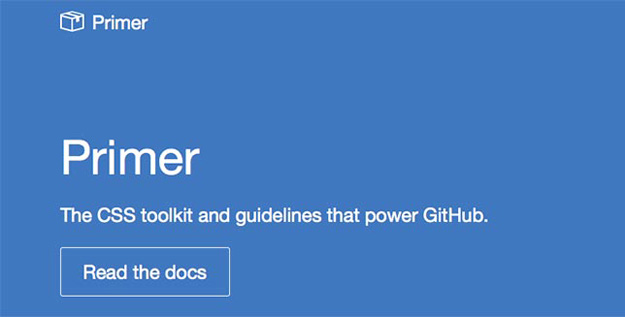
Primer is the CSS toolkit and guidelines that power GitHub. It includes a small Gruntfile for compiling SCSS, Parker for CSS stats, and Autoprefixer for vendor prefixes.
14. Automic CSS
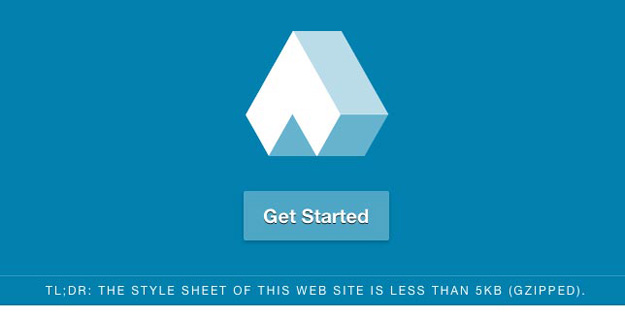
Atomic CSS lets you make your CSS files smaller. It lowers payload, reduces style scope, and removes dependencies, among other features.
15. CSS Dig
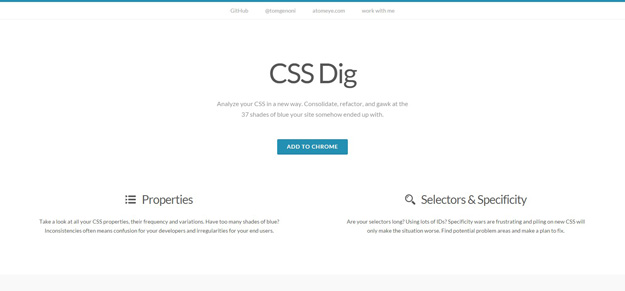
CSS Dig is a Chrome extension that lets you analyze your CSS in new ways. Easily view your CSS properties, or find potential problems with your selectors and specificity.



